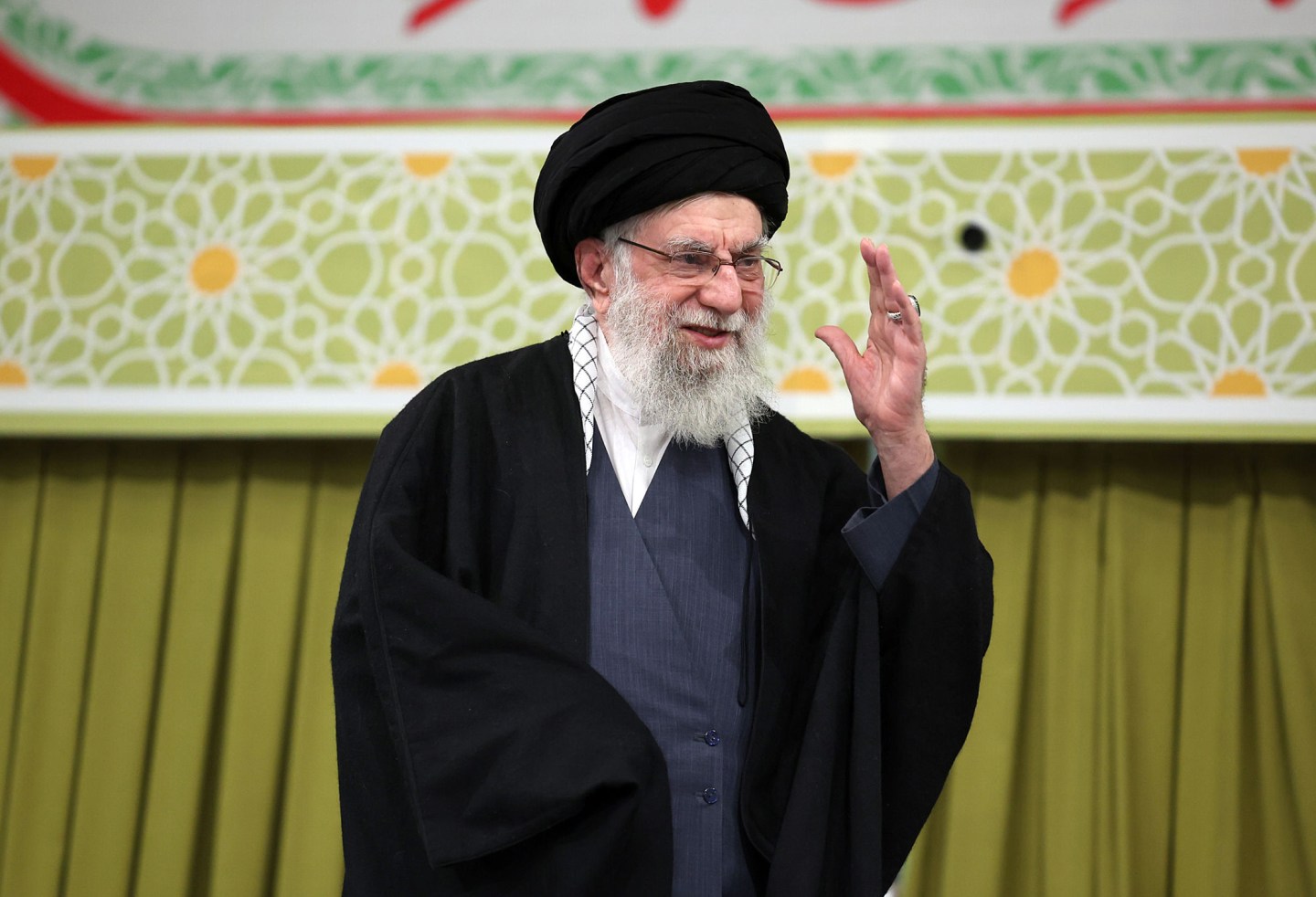India’s Ministry of External Affairs issued a response Saturday to President Donald Trump’s decision to impose a $100,000 fee on H-1B visa applications, warning on X that the move could create “humanitarian consequences” by disrupting families, calling for the United States to address these concerns.
The statement came after Trump signed a proclamation Friday imposing the hefty new fee on skilled worker visas, which went into effect on Sunday. The policy represents one of the most dramatic overhauls of the H-1B program in decades, targeting a visa category heavily relied upon by Indian professionals working in America’s technology sector.
“This measure is likely to have humanitarian consequences by way of the disruption caused for families,” the ministry said in its official statement. “Government hopes that these disruptions can be addressed suitably by the US authorities.”
The proclamation sparked immediate chaos across Indian communities and the global tech industry, with thousands of H-1B visa holders scrambling to return to the United States before the new rules took effect. At San Francisco International Airport, The Independent reports that several Indian passengers disembarked from an Emirates flight just minutes before takeoff, because they feared being unable to return to the U.S. under the new policy. A three-hour delay ensued.
India has particular reason for concern about the policy changes: According to the United States Citizenship and Immigration Services, Indian nationals account for 71% of H-1B visa recipients, making them by far the largest beneficiary group. Chinese nationals represent the second-largest group at approximately 12%. The dominance is even more pronounced in technology roles, where over 80% of computer-related H-1B positions are filled by Indian workers.
The new fee structure represents a staggering increase from current H-1B application costs, which range from approximately $1,700 to $4,500. The Trump administration defended the move as necessary to address “systemic abuse” of the H-1B program and protect American workers.
Major U.S. technology companies moved quickly to reassure employees after initial confusion about the policy’s scope. Reuters reports that Amazon, Microsoft, Meta, Apple, and Google—all heavy users of the H-1B program—issued urgent advisories clarifying the $100,000 fee applies only to new visa petitions, not existing holders or renewals. The White House later confirmed that current H-1B visa holders can continue to travel in and out of the United States as before.
According to federal data, Amazon currently has the highest number of H-1B visa holders at over 10,000, followed by Indian IT giant Tata Consultancy Services, with approximately 5,500. Other major beneficiaries include Microsoft, Meta, Apple, and Google, each with over 4,000 H-1B visa holders. But Alan Patricof, the private-equity investor and founder of Greycroft Partners, told the NYT, “there is not a single company that I have invested in the last 10 years that could afford to pay this.”
The policy comes amid broader tensions in U.S.-India relations following Trump’s imposition of punitive tariffs on Indian exports earlier this year. The president implemented a 25% “reciprocal” tariff on Indian goods, followed by an additional 25% penalty tied to India’s continued purchases of Russian oil, shocking Indian counterparties and bringing total duties to 50%.
India’s commerce minister Piyush Goyal is scheduled to visit Washington on Monday for trade talks, highlighting ongoing efforts to reset the relationship between the two nations. The timing of the H-1B announcement just days before these crucial negotiations adds another layer of complexity to the diplomatic discussions.
In its statement, India’s foreign ministry emphasized the mutual benefits of skilled talent mobility between the two countries. “Skilled talent mobility and exchanges have contributed enormously to technology development, innovation, economic growth, competitiveness and wealth creation in the United States and India,” the ministry said. “Policy makers will therefore assess recent steps taking into account mutual benefits, which include strong people-to-people ties between the two countries.”
The ministry also noted that Indian industry has begun analyzing the full implications of the policy changes and is expected to work with U.S. counterparts on finding solutions. India’s National Association of Software and Service Companies warned the abrupt implementation timeline could have “ripple effects on America’s innovation ecosystem and the wider job economy.”
For Indian IT services companies, the financial impact could be substantial. According to the Times of India, firms like TCS, Infosys, HCL Technologies, and Wipro could see their operating profits reduced by 7%-15% due to the new fees.
The proclamation is set to remain in effect for 12 months unless extended, and legal challenges are expected. The policy also directs the Department of Labor to raise wage requirements for H-1B workers and signals additional reforms to prioritize higher-paid, higher-skilled applications in the visa lottery system.
For this story, Fortune used generative AI to help with an initial draft. An editor verified the accuracy of the information before publishing.












